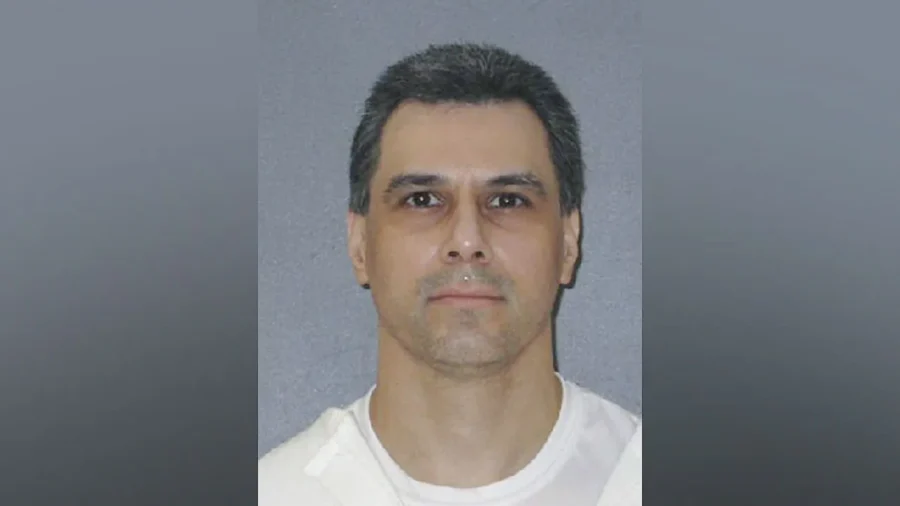The U.S. Supreme Court decided on Oct. 4 to hear the death row appeal of Ruben Gutierrez, who argues that DNA testing of the crime scene evidence would clear him.
The court granted the petition in Gutierrez v. Saenz without comment. No justices dissented. The respondent, Luis Saenz, is the district attorney for Cameron County, Texas.
The new ruling was made after the Supreme Court stayed the execution of Gutierrez on June 16 to give it time to consider his petition. The order to halt the lethal injection was issued 20 minutes before it was scheduled to be carried out.
Gutierrez, who was convicted in the 1998 murder of a mobile home park manager in Texas, argues that a federal appeals court erred when it added additional conditions to the Supreme Court’s existing precedent governing post-conviction DNA testing.
Evidence at trial showed that the deceased 85-year-old victim kept about $600,000 in cash at her home, which was also her office for the mobile home park she owned and operated, according to Saenz’s July 9 brief.
Gutierrez befriended the victim and knew about the cash. On Sept. 5, 1998, he went with an accomplice to her home. The two individuals left the residence with the money. The victim had been beaten and stabbed to death, the brief said.
Prosecutors said Gutierrez told the police the original plan was to get the victim outside her home and go inside and take the money without being seen. But the plan fell apart, and the accomplice attacked the victim with a screwdriver while Gutierrez retrieved the money.
The medical examiner gave evidence that the victim experienced defensive wounds, which meant she was fighting for her life. She received about 13 stab wounds caused by two different objects—“almost certainly” a flat-head screwdriver and maybe a Phillips head screwdriver. She died from “massive blows to the left side of the face,” the medical examiner said.
Gutierrez argued that DNA evidence from the crime scene would clear him but lower courts ruled his request for post-conviction DNA testing was barred by state law. He sued in federal court, arguing that the applicable Texas statute denied him due process, or fair treatment, in the judicial system, his petition said.
Texas law allows a convicted person to seek post-conviction DNA testing of biological material if specific conditions are met. A defendant must show that the testing could generate new evidence capable of raising a reasonable probability that the defendant would not otherwise have been convicted.
The Supreme Court’s decision in Reed v. Goertz (2023) laid out standing requirements for this kind of case, according to the petition.
Then a divided U.S. Court of Appeals for the Fifth Circuit attached “an additional layer of standing analysis” onto the Reed precedent and rejected the appeal.
The circuit court “speculated that, in this case, state officials would not permit DNA testing even in the face of a federal court judgment because, in earlier proceedings, the Texas Court of Criminal Appeals … commented that favorable DNA test results would not prove Gutierrez innocent,” according to the petition.
But the Supreme Court “has never found that a prisoner lacks Article III standing to bring a constitutional challenge against state DNA statutes that limit access to potentially exculpatory evidence,” the petition said. Exculpatory evidence is evidence that proves a defendant is innocent.
Article III of the Constitution governs federal courts and has been held to mean that they may only hear cases involving actual controversies in which at least one litigant has standing to sue. Standing is the legal capacity of a litigant to sue. The person must show a significant connection to the law or action complained of.
The Fifth Circuit’s “decision to fashion a new, burdensome test has created a circuit split with the Eighth and Ninth Circuits,” and the Supreme Court needs to intervene “to resolve the circuit split and to ensure fidelity to its precedent,” the petition said.
The Epoch Times reached out for comment to attorneys for both sides but had not received any replies by publication time.
The court is expected to hear the case in December or January.
From The Epoch Times

